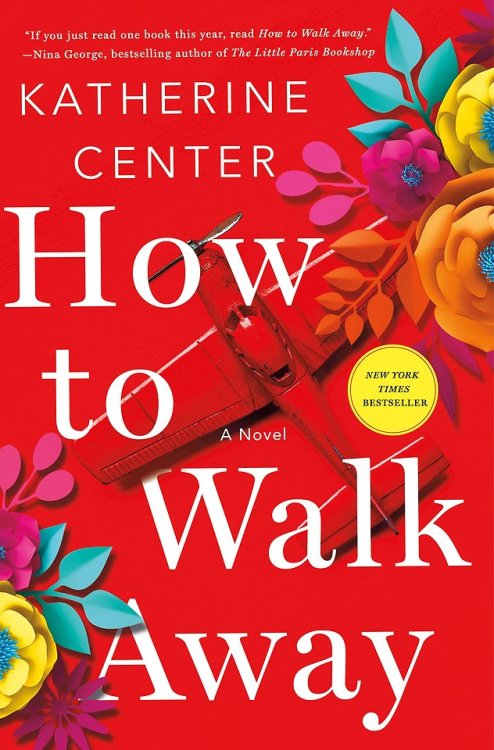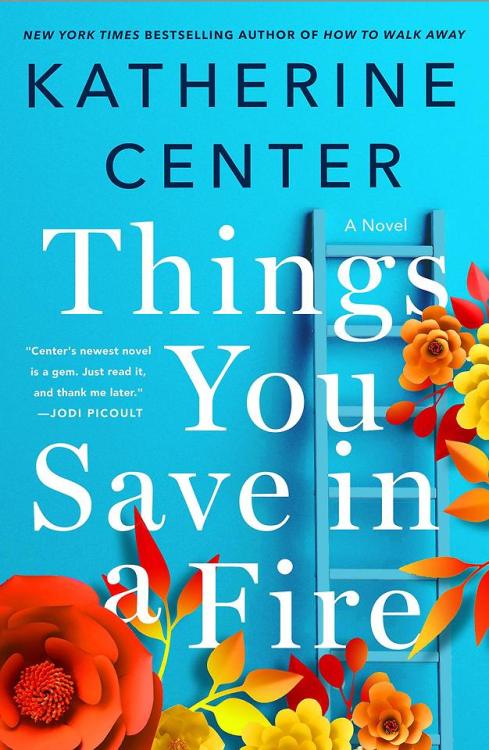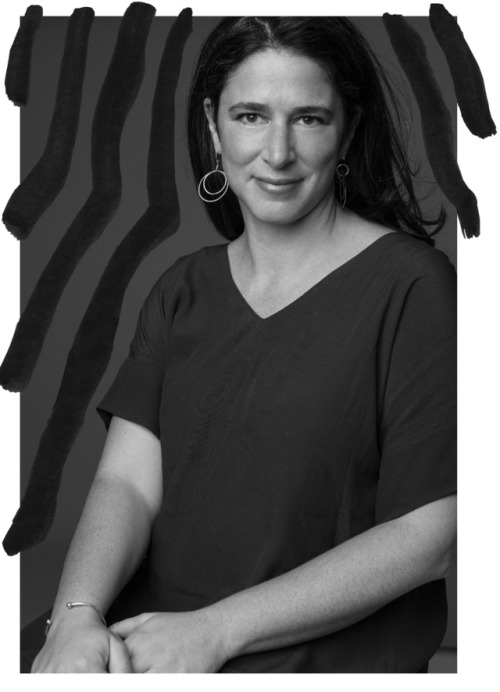#new york times bestseller
How to Walk Away &Things You Save in a Fire
by Katherine Center
I have long believed that you have to be in the mood to read a certain type of book. Like with any relationship, the timing must be right, otherwise, you won’t be open to the writing voice/style/ content. Hot tea doesn’t quench every thirst and sushi doesn’t sate every palate. It’s possible Katherine Center’s books are the exception to that rule.
In content, the ironically and aptly titled How to Walk AwayandThings to Save in a Fire, are vastly different. How to Walk Away follows a lovelorn protagonist as she suffers quite immediately from a tragic accident throughout her complicated recovery; Things to Save in a Fire follows a stoic firefighter as she navigates a new bro-filled New England landscape.
In style, Center manages to create reading experiences that are simple without being simplistic and heart-warming without being heart-cloying. In short, they are satisfying reads - well crafted with personal triumph at the center, padded with bits of romance, conflict and existential crisis. The books are well-written, practically paced, bittersweet and fluid and with enough complication to keep the pages turning. And what’s particularly gratifying about these books is that the happy endings are not necessarily what you’d expect.
Things You Save in a Fire will be released August 2019, but you can grab a copy of How to Walk Away now. In fact, I just saw it on sale in Barnes & Noble.
It’s refreshing to know that there are books out there that are enjoyable no matter what the season. Like iced tea - a little sweet, a little tart, but extremely satisfying whenever you are thirsty for something tasty.
*B3 would like to thank St. Martin’s Press for the ARCs!
Post link
The First Bad Man
by Miranda July
I lied to Miranda July. I didn’t intend to, but there you have it.
The First Bad Man was released September 8, 2015. I read it within 48 hours of release and soon after attended an evening at BAM featuring writer/actress/filmmaker/app creator extraordinaire Miranda July interviewed by writer/actress/director extraordinaire Lena Dunham. Both irreverently funny, unapologetically observant and quirkily blunt, it was an evening of understated wit and hallmark vulnerability followed by a book signing by July. Dunham wasn’t present at said book-signing, so I didn’t have the opportunity to lie to her.
The aforementioned lie occurred as July signed an edition of No One Belongs Here More than You to my Aunt for her birthday: I mentioned to her that I was going to feature The First Bad Man on my book blog later that week and to look out for it. Then in the most exacerbated case of procrastination of my life, two and a half years later I’m still carrying the guilt of falsifying to one of my creative paragons.
Today while trolling my files attempting to discover if I even started the review, I happened upon the Pressbook for July’s film The Future. (Why was this even on my computer? I have no idea. I’d like to think July has magical creative powers that drop files on your computer when you need them.) In an interview there, she captures my sentiments: “I just felt so incapable, barely even human, much less brilliant. So I told myself, ‘OK, write from there. What does Incapable sound like?’”
I guess it sounds like this. This whole sordid affair stems from the fact that nothing I pen will encapsulate the ingenuity, the transdimensional artistry of The First Bad Man. It is darkly comical, startlingly salacious, and unavoidably messy, but it is also replete with pathos, with insight, with humanity.
The story centers on Cheryl, an intransigent forty-something who eats from one plate and uses one glass, as she is saddled with the pregnant daughter of her boss, a destructive young woman who throws her life into turmoil.
I just picked up the book to reread highlighted passages, and I found myself laughing out loud. How can I communicate the hilarity that is Cheryl explaining the origin of inter-office rules as based on a series of Japanese customs or the curious sense of meditation she later discovers riding an ATV? How can I articulate the risqué encounters at the center of the book, tropes emblematic of July’s writing that force us all to face our darkest selves?
The truth is that nothing I write to recommend this book will be enough to truly reflect what’s inside its twisty pages. In her writing July implants thoughts that you yourself didn’t know you were capable of entertaining. Her phrases herald a primal reckoning, a stripping away of the constant apology that accompanies being a sexual being, and a melting of the outer shell that protects our most vulnerable parts. Leaving - what? Whatever is left after all of the layers have been peeled away: the gooey center, the amorphous essence of what it is to be human.
Post link




